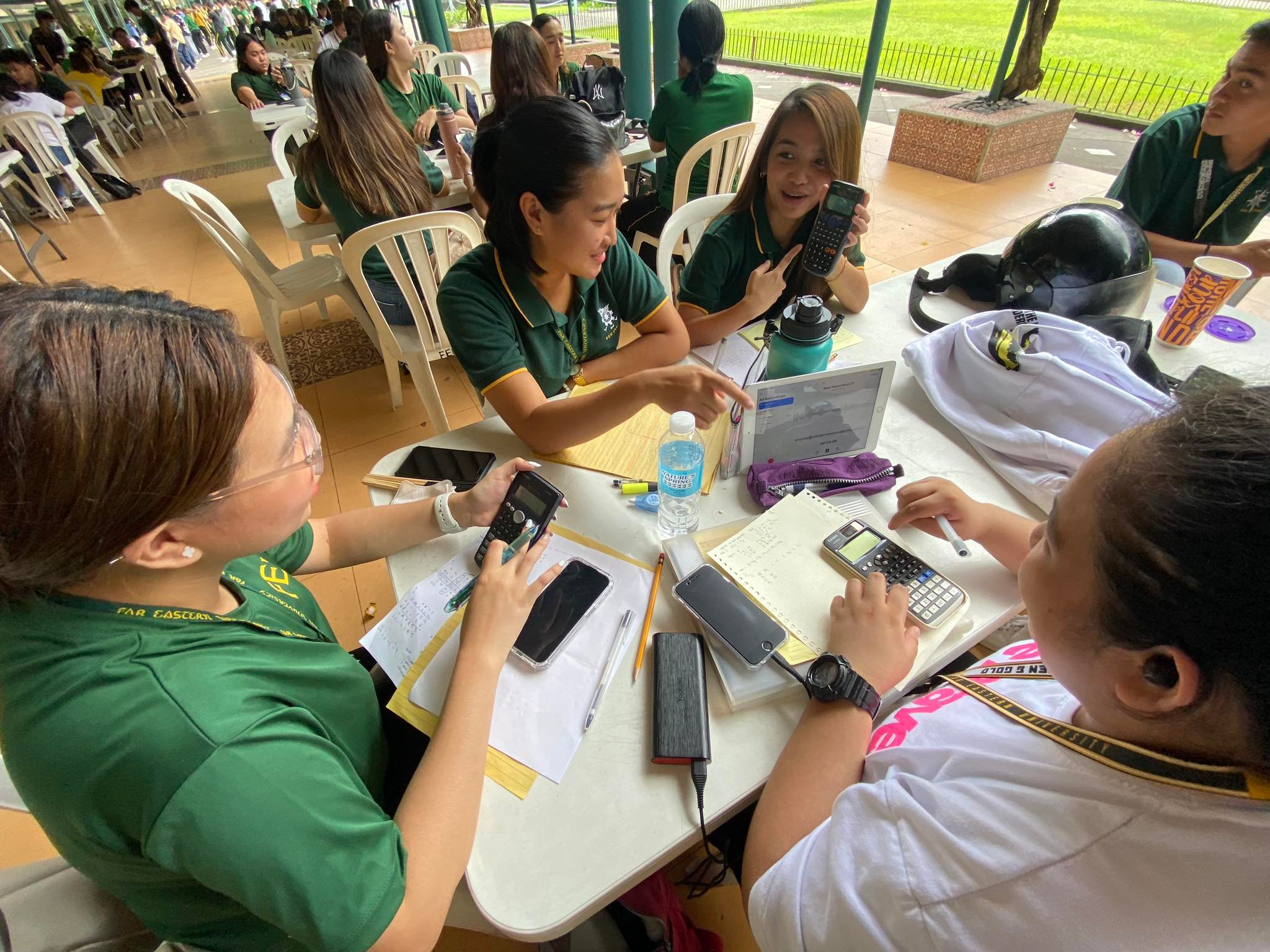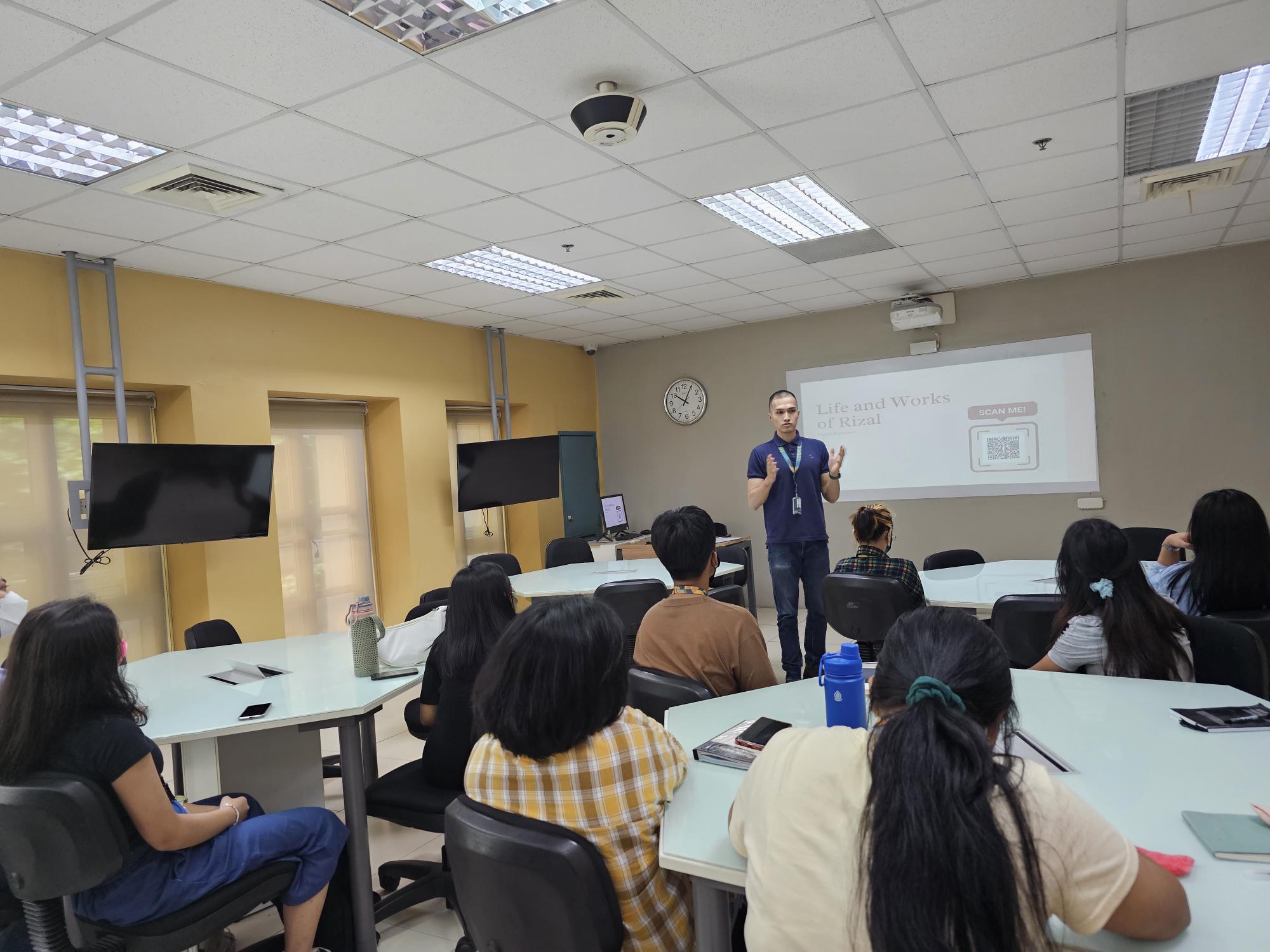Our Key Learning Outcome
The key learning outcome, the competency, ability, or knowledge that FEU aspires for its students to attain above all else, is persuasive communication. Persuasive communication is defined as the ability to make a convincing argument by making a strong claim that is supported by reliable and appropriate evidence and delivered in a manner that the designated audience will understand and appreciate.
General education courses focus on learning and citizenship skills and professional courses focus on domain knowledge acquisition as their learning outcomes. These outcomes, however, are not, in and of themselves, the key learning outcomes. Persuasive communication is the foundation upon which we build our specialization and our domain knowledges the way through which excellence in our specialization is expressed and therefore achieved and this is why persuasive communication is our key learning outcome.
Other Learning Outcomes
Other learning outcomes that complement persuasive communication and that FEU also aspires for its students to attain are:
Intellectual Curiosity which is the passion to continuously learn, ask questions, and seek answers and solutions. Intellectual curiosity is the key ingredient for making students life-long learners;
Critical thinking which is the ability to analyze issues and propose responsible
solutions by looking for and looking at relevant and reliable data. It involves awareness of theories of how systems work as well as self-reflection on one’s position in these systems. Critical thinking is the backbone of persuasive communication;

Creative Problem Solving which is the ability to propose innovative, sustainable, and equitable solutions for the problems of society which are based on empirical data, logical analysis, and ethical reflection;
Professionalism which is the ability to do work in a precise and punctual manner. It is characterized by having a good work ethic, the ability to separate the personal from the professional and the commitment to getting the work done. Professionalism will make students ready for the world of work;
Responsible Digital Citizenship which is the ability to navigate the digital world ethically, sensibly and conscientiously by being digitally literate, by being able to identify reliable digital sources, by disseminating information and opinions responsibly and respectfully, by understanding and promoting digital rights and digital laws (data privacy, anti-hacking, anti-cyberbullying, etc.), and by being aware of digital security and digital health;
Responsible Citizenship which is the ability to understand the economic, social, environmental, and cultural conditions of the immediate and wider community, empathize with the underserved and marginalized, respond to the needs of these communities.
